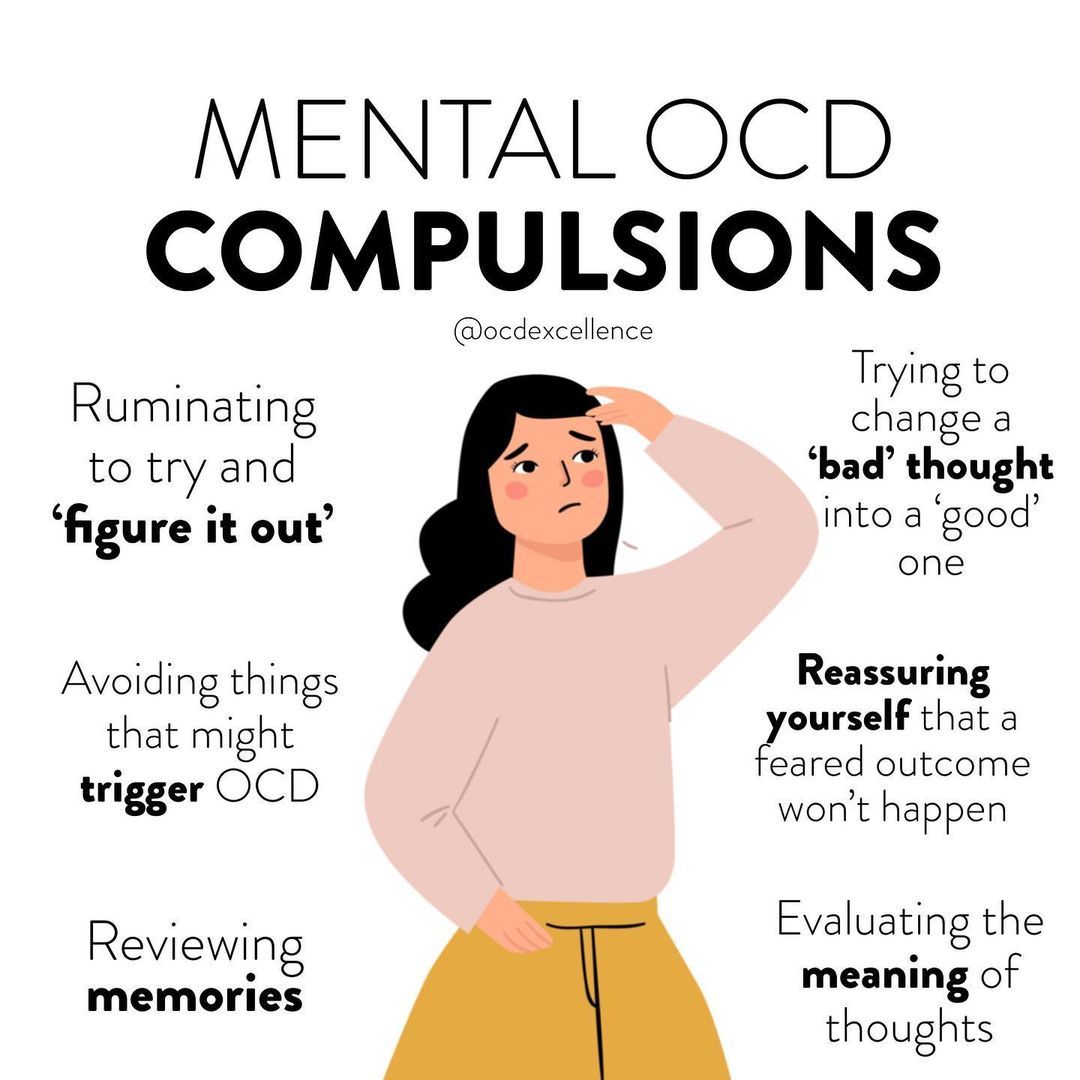You’re “So OCD” until you find someone washing their hands until they’re raw, cracked, and bleeding because they overheard someone saying that their stomach hurt.
They didn’t specify the kind of hurt, but that statement alone is enough to make that person’s brain go thousands of miles per hour with endless compulsions fully consuming their mind to keep washing; they’re not clean enough; you’re not clean enough.
They go in the shower and proceed to damn near burn themselves with scalding water to kill the germs they’re “infected” with because you they happened to overhear someone mentioning that they’re feeling under the weather.
Saying that you’re “So OCD” because you keep your pens color coordinated, and you just so happen to keep your room tidy does not diagnose you with a mental illness.
People tend to jump to conclusions when describing certain characteristics about themselves. OCD is a mental illness that I live with, and I’m sick and tired of people using OCD as a quirky personality trait portraying a normal sense of particularity.
OCD is much more than just being a tidy person.
What is OCD?
As defined by Medline Plus, “obsessive-compulsive disorder (OCD) is a mental disorder in which you have thoughts (obsessions) and rituals (compulsions) over and over. They interfere with your life, but you cannot control or stop them.”
OCD is often stereotyped as being clean and organized, but it’s much more than the general stereotypes.
There are plenty of different subtypes of OCD, some of which you might not expect to exist.
OCD Subtypes
Here are some of the different subtypes of OCD provided by NOCD blog writer, Taneia Surles, approved by licensed therapist, Michaela McCloud
The four main categories
- Harm-Related Themes — For example: The fear of hurting yourself and or others.
- Contamination Themes — For example: Germs and illness and or feeling “unclean.”
- Perfectionism Themes — For example: Orders, symmetry, or precision.
- Forbidden/Taboo Thoughts Themes — For example: Intrusive thoughts about sex, religion, or violence.
OCD subtypes not only make it easier for medical professionals to see how the mental illness manifests, but they also form a good sense of community for those who feel isolated by their specific struggles with OCD, as each experience with the mental illness differs from each person.
OCD isn’t the only mental illness term being used loosely
I had the opportunity to interview a a local woman, 24, who has been diagnosed with bipolar disorder tendencies.
She is disturbed by the phenomenon of people using the phrase “I’m so bipolar” so casually.
“Before I was diagnosed with bipolar disorder, I didn’t really think much of it and I probably used that as a phrase before but after being diagnosed, it made me realize how little is known about the disorder.
“I feel like people use it in a way to mention things that are happening quickly or almost in a way to describe indecisiveness, which I’m indecisive too, honey, I get it! But it’s really wild to see how it’s truly misunderstood.”
So, what is bipolar disorder?
As defined by The National Institute of Mental Health, “Bipolar disorder (formerly called manic-depressive illness or manic depression) is a mental illness that causes clear shifts in a person’s mood, energy, activity levels, and concentration. People with bipolar disorder often experience periods of extremely “up,” elated, irritable, or energized behavior (known as manic episodes) and very “down,” sad, indifferent, or hopeless periods (known as depressive episodes).”
Eeveryone has a different experience with their own mental illnesses.The local woman explained:
“Since being medicated I don’t feel like it affects me the way that it did but before being medicated it was a coin flip how I was going to feel for a certain period of time, the depression is suffocating, and the mania is exhausting.”
People are losing the plot, I fear
People using medical terms to describe a basic human emotion that they are feeling is ignorant as they don’t understand what they are saying. They’re just saying it because they heard it somewhere, not knowing the real meaining behind their words.
The sudden glorification of mental illness plays hand in hand with the appropriation of mental illness being used in human language in such a casual manner.
An exert from “Concerns Regarding the Glorification of Mental Illness on Social Media” published on The National Library of Medicine by Jai Ahuja and Palak A Fichadia states, “Through an amalgamation of curated content, relatable memes, and ‘literally me’ characters, Generation Z finds itself immersed in a digital landscape where mental health challenges are romanticized rather than understood.”
As a mentally ill person, I am offended by people’s ignorance about their own words.
Think before you speak, and if you don’t know what it means, don’t say it, but if you do know what it means, you should know not to say it.




